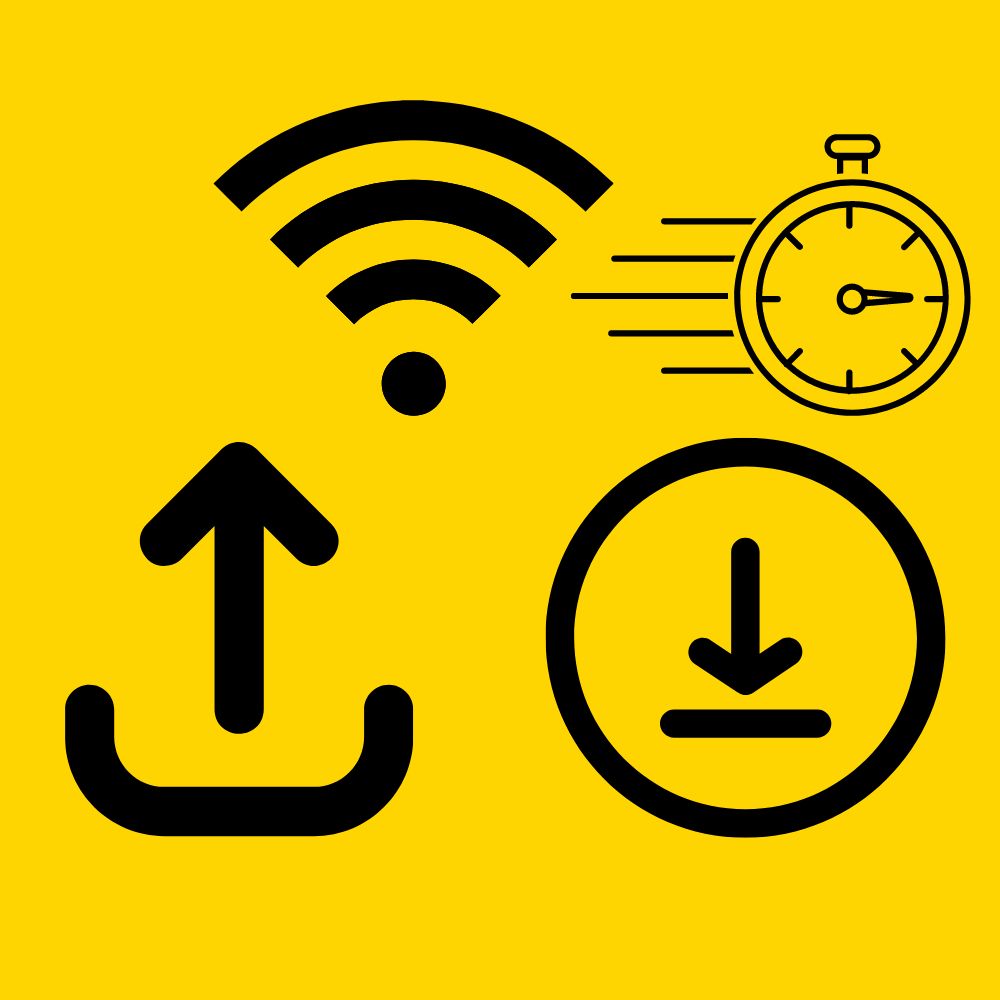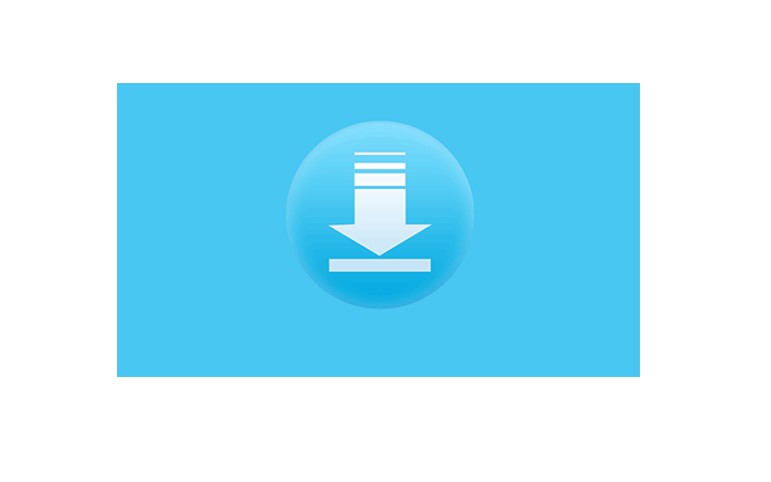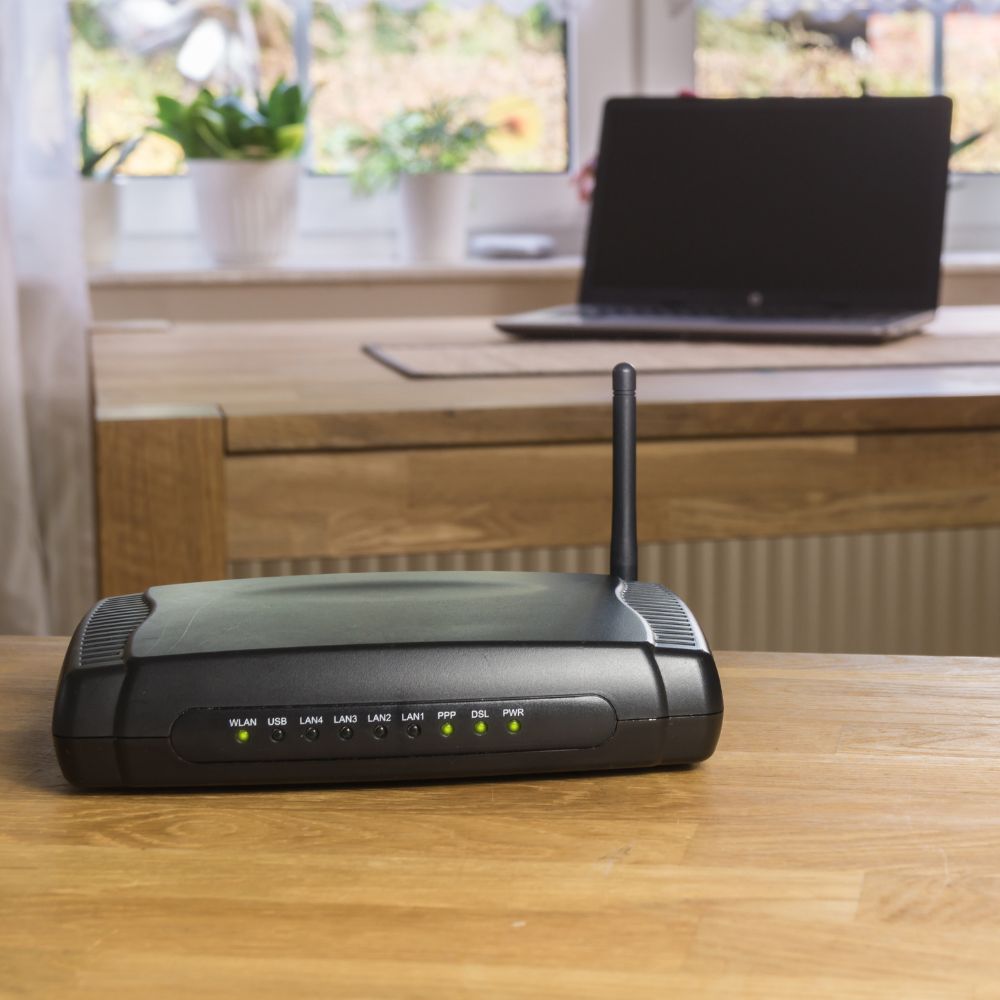Download speeds indicate how fast your computer receives data packets or information from the internet. On the other hand, upload speeds indicate how fast your device transmits data over the internet.
When you stream a video online or browse the internet, your computer downloads data from servers or websites on the World Wide Web. However, your device uploads data to send packets while playing video games, browsing the internet, taking part in a Zoom call, or any online task.
Your internet bandwidth, or the amount of information your device can receive every second, determines your data upload and download speeds. Measured in megabits per second (Mbps), bandwidth depends on your internet plan from an internet service provider (ISP).
According to Verizon, an internet service provider, a bathtub with a wide faucet opening allows more water to flow at a higher rate than if the pipe had a narrower opening. This is because the water stands for the bandwidth while the speed is the water flow rate.
Higher download and upload bandwidth reflect faster internet speeds, which is also true. But, usually, the download speed is higher than the upload speed. Therefore, if internet speed test results show slow downloads but fast uploads, something could be wrong.
This article reviews why download and upload speeds matter, the causes of slow download speeds, and how to improve slow download speeds.
Importance of Download and Upload Speeds

Most internet tasks involve downloading data. Whether you’re checking emails, surfing the web, hanging out on social media, or indulging in bandwidth-heavy studies, such as large file download, video streaming, and playing FPS games, your computer uses download bandwidth.
Although data uploading also coincides, it’s usually minimal. Internet service providers often provide faster download speeds than uploads because most internet users embark more on downloading tasks than uploads.
Even so, upload speeds are just as important. Sending emails with large attachments and streaming videos live require fast data upload speeds. Uploading files (such as videos, documents, and pictures), video conferencing, online gaming, and VOIP calls also use upload speeds.
Modern ISPs provide symmetrical internet connections with equal upload and download speeds and asymmetrical internet connections with varying upload and download speeds. Therefore, a good WiFi download and upload speed should range from 5Mbps to 10Mbps at the minimum, depending on online activities.
Causes of Slow Download, Fast Upload Speeds Over WiFi TP-Link
Internet speed tests indicate your internet plan’s download and upload speeds. The tests can show when your upload speed is high while the download speed is slow.
So, you may wonder why your upload speed is higher than your download speed when the converse should be the case. When multiple devices are using your network simultaneously, expect an increased number of downloads.
With many files being downloaded, the download bandwidth becomes congested. This may result in technical issues with your ISP. Causes of slow download and fast upload speeds include:
1) Network congestion
Many people use the internet during peak hours, resulting in network congestion on your download bandwidth. In addition, most users are likely downloading files, causing slow download speeds.

2) Excess files download
Your device uses the bandwidth when you download files from the internet. Therefore, downloading many large files simultaneously slows down your system. As a result, your computer runs slow and fails to process downloads due to reduced speeds efficiently.
3) Multiple and simultaneous network access
If multiple devices are connected to your network, there’s a need for higher internet bandwidth to increase speeds. Download speeds reduce if the devices connecting to your network require higher download bandwidth than what’s available and access the internet at the same time.
4) Background programs
Excessive programs with access to the internet that runs in the background of your system can slow down your download speed, resulting in higher upload speeds.
5) Wireless routers

Technical and connection issues with your wireless routers can also affect your download and upload speeds.
How to Improve Your Slow Download Fast Uploads WiFI Speeds
You can improve your download internet speed in various ways. Some proven ways to boost your download speeds include:
- Moving your computer closer to the wireless router.
- Changing the location of your wireless router.
- Restart or reboot your modem, router, or other equipment to clear errors and improve internet connectivity.
- Use an Ethernet cable for a faster, more reliable internet connection than wireless internet.
- Use a WiFi extender if your home or office is large.
- Update your software and “firmware” regularly.

- Turn off or disconnect your network devices when not in use.
- Close unnecessary programs running in the background.
- Remove idle devices connected to your network.
- Internet speed checks can help determine whether your download and upload speeds are fast or slow. Run the tests using different connections (wired and wireless) and devices at other times of the day to get effective results.
- If the results consistently show that your upload speed is unusually higher than your download speed, there may be a technical problem. Use the steps above to solve the problem, but if the issue persists, contact your ISP to resolve the internet speed issue.
Use Speedtest.net to Measure Your Internet Speed
The amount of data transferred at a particular time or “data throughput” are the metrics used to measure internet speeds. The metrics vary depending on your internet equipment, the number of users on your network, and your internet plan, among other factors.
Speed test websites like fast.com and speedtest.net can provide you with a summary of your download and upload speeds or throughput, the maximum data amount that can be relayed over your internet connection.
Conclusion
Although download speeds are usually higher than upload speeds, it’s common to experience slow download and fast upload speeds. Various factors can lower your internet download speeds while increasing your upload speeds.
Whether background programs or network congestion are responsible for slowing your download speed, you can restart your network equipment or deploy other solutions to fix this issue. However, we hope that you were able to boost your download speed with the tips provided in this article.

